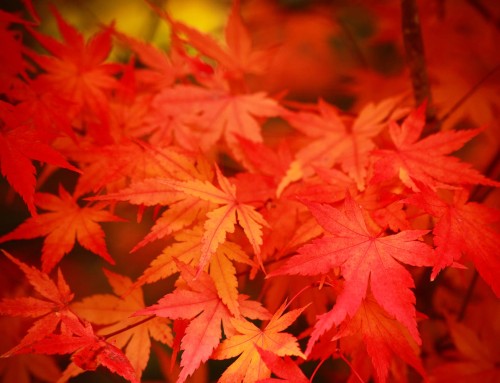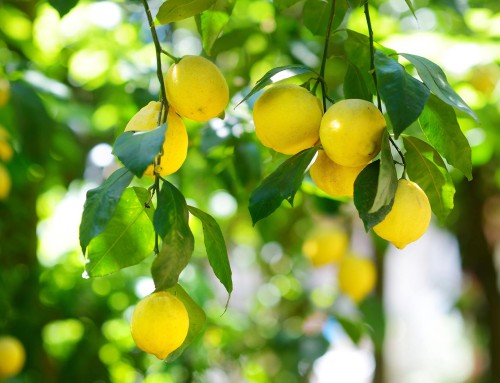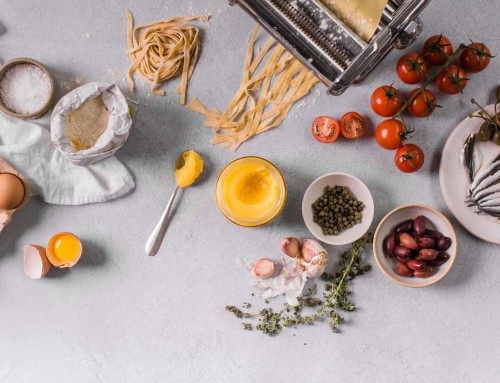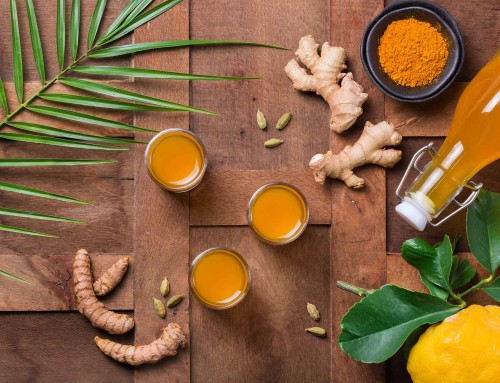Wisdom for the Grandmothers to Pass On

My wife of 38 years, Vicki, is one of the pioneers of Maharishi AyurVeda. She studied with His Holiness Maharishi Mahesh Yogi and all three of the great Ayurvedic Vaidyas whose pictures appeared on the older labels of MAPI products.
In 1984 she took the first Ayurveda course offered at MUM in the United States, led by Dr V. M. Dwivedi, world expert in Rasayanas.
When a Vaidya came to our town on the first Maharishi AyurVeda tour, Vicki’s heart went out to the patients who appeared overwhelmed after their first consultation in this new paradigm. She created a comprehensive patient education program, which she’s fine-tuned over the years.
In the summer of 1986 she took a pulse diagnosis class at Maharishi Nagar that ended up being taught by Maharishi. In 1988 she returned to Maharishi Nagar for the Health Pioneer course, organized by Dr. Balaraj Maharishi, the great sage of Dravyaguna (Ayurvedic pharmacology), under Maharishi’s guidance. Dr B. D. Triguna blessed both Indian courses with his wisdom.
On the Health Pioneer course, Vicki attended special meetings that Dr Balaraj Maharishi organised for women, led by German physician, Dr Renate Hartman. Later that spring the chair of an American conference for physicians trained in Maharishi AyurVeda invited Vicki to meet separately with the women physicians and spouses. Since then, whenever the opportunity arises, she enjoys meeting with women to explain the value of rest during the menstrual period.
She’s agreed to writing this article, which she’s calling, “For Ladies Only.”

‘I’d been menstruating for a quarter of a century before I learned the deeper value of that time of purification. On a ten-week Maharishi AyurVeda course in India, we’d been studying the subdoshas – the five subdivisions of each of the three doshas – Vata, Pitta and Kapha. Vata governs movement – not just the movement of your hands or eyes, but movement on all scales and on all levels – from the passage of a nutrient across a cell membrane to the movement of the galaxies, from the faintest flicker of a thought to the pumping of blood through the arteries.
The fourth subdosha of Vata — Apana Vata, is centred in the lower abdomen and governs sexual function and the downward flow of elimination. Apana is responsible for the lower part of the body and helps us stay grounded.
I learned that Apana Vata is especially important for women because it controls ovulation and menstruation, labour and delivery. This is the part of the body that takes in the stress that can come from being female in a world that doesn’t honour Mother Earth. Nature gave us a special time during our monthly menstrual cycle when much of that stress can be washed away. How much stress is washed away depends on how deeply we settle into ourselves, away from our usual responsibilities in the world.
If our attention is directed outwards with hard mental or physical activity, then Apana Vata is weakened and impurities may remain for the next month and accumulate. Many women’s problems come from incomplete purification. Resting during our period doesn’t mean that we sleep all day – that can slow down the process of purification also. Our activity should be enjoyable and easy. It’s fine to do some light cleaning, listen to music, read or take a gentle walk. Whatever we do we should be happy. We pamper ourselves. We don’t strain, because that will weaken Apana Vata.

In anthropology classes I’d read about the women’s hut – it seemed to Western eyes to be a shameful place where women were banished when they were considered to be unclean, during their menses. I thought this was a superstition worthy of tossing out, in favour of women’s liberation. Now I see that the traditional “set aside time” for women is actually a time of liberation from the chores of daily life, a time for a woman to connect with her deeper strength.
Balaraj Maharishi told us that the subtlest aspect of Apana Vata leads the mind “down” into the Transcendent. The more inward a woman can be during her period, the more her mind and body are purified, and the deeper her experience will be afterwards, during her daily practice of the Transcendental Meditation® program. As the leader of the women’s meetings, Dr Renate Hartmann, told us, “When the period is over we could have very beautiful experiences.”
Dr Hartmann explained that all of the Ayurvedic recommendations for women during menstruation are for the sake of allowing the purification to be complete – to keep the shrotas (subtle channels) open, to strengthen Apana Vata and to remain self-referral. She said, “We don’t disturb Nature.”
Vata is closely related with the mind, especially through the subdosha of Prana Vata, which governs inspiration (the in-breath), mental activity and vital energy. Apana Vata becomes very strong during the period, in order to thoroughly flush out toxins. Prana Vata can come down to help Apana during the period. For that reason, the mind is not as clear during the heavy days of a period. This is not a good time to make important decisions.
Most women are relieved to hear that the healthiest approach to their menstrual period is to follow their body’s own desire for rest. We’ve been taught to ignore that inward pull and just keep going. This means we don’t take full advantage of Nature’s gift of monthly purification.

How can a busy working mother take rest during her menstrual period? If you can’t stay home on the heaviest day of your cycle, then at least you can have a restful attitude towards your work. Drive to work after rush hour. Re-schedule appointments for next week. Don’t take on extra work. Keep phone conversations short. Give your digestive system a rest by eating lighter food. Ask your family to give you a “Mom’s night off!” Let the children and your husband cook what they want for supper. You can have soup and go to bed early, enjoying time alone.
Perhaps you have seen a bumper sticker or similar that says, “If Momma ain’t happy, ain’t nobody happy!” This is so true. A mother’s nurturing strength needs to be replenished. Your family will reap the benefits later of allowing you to take care of your own needs during this time of the month.
If you have cramping you can use a hot water bottle. If Pitta isn’t aggravated you can apply ginger externally for pain. Oil the skin of your belly first with cured sesame oil, applied in a clockwise motion. Then apply either freshly-grated ginger or a paste of water and powdered ginger. Cover that with a cloth and a hot water bottle. Close your eyes and just let your awareness settle into the sensation of the cramping. Notice how the physical sensation changes as you pay attention.


Maharishi AyurVeda’s Menopause Support tablets (MA938) help the lunar cycle go smoothly. They contain the most effective herbs for feminine health. They help balance Apana Vata (menstrual flow), Shleshaka Kapha (hormones and fluid balance), and Sadhaka Pitta

Blissful Joy Aroma contains seven essential oils to help nourish and balance the emotions – Geranium Rose, Jasmine, Damask Rose, White Sandalwood, Peppermint, Lemon and Red Thyme.
© Copyright 2019 Maharishi Ayurvedic Products International, Inc. (MAPI).
DISCLAIMER: The information in this document is presented for the sole purpose of imparting education on Maharishi AyurVeda and neither the information nor the products are intended to diagnose, treat, mitigate, cure or prevent any disease. If you have a medical condition or are pregnant or lactating, please consult a health professional and it is recommended that you speak with your physician before making significant changes to your diet or routine.





